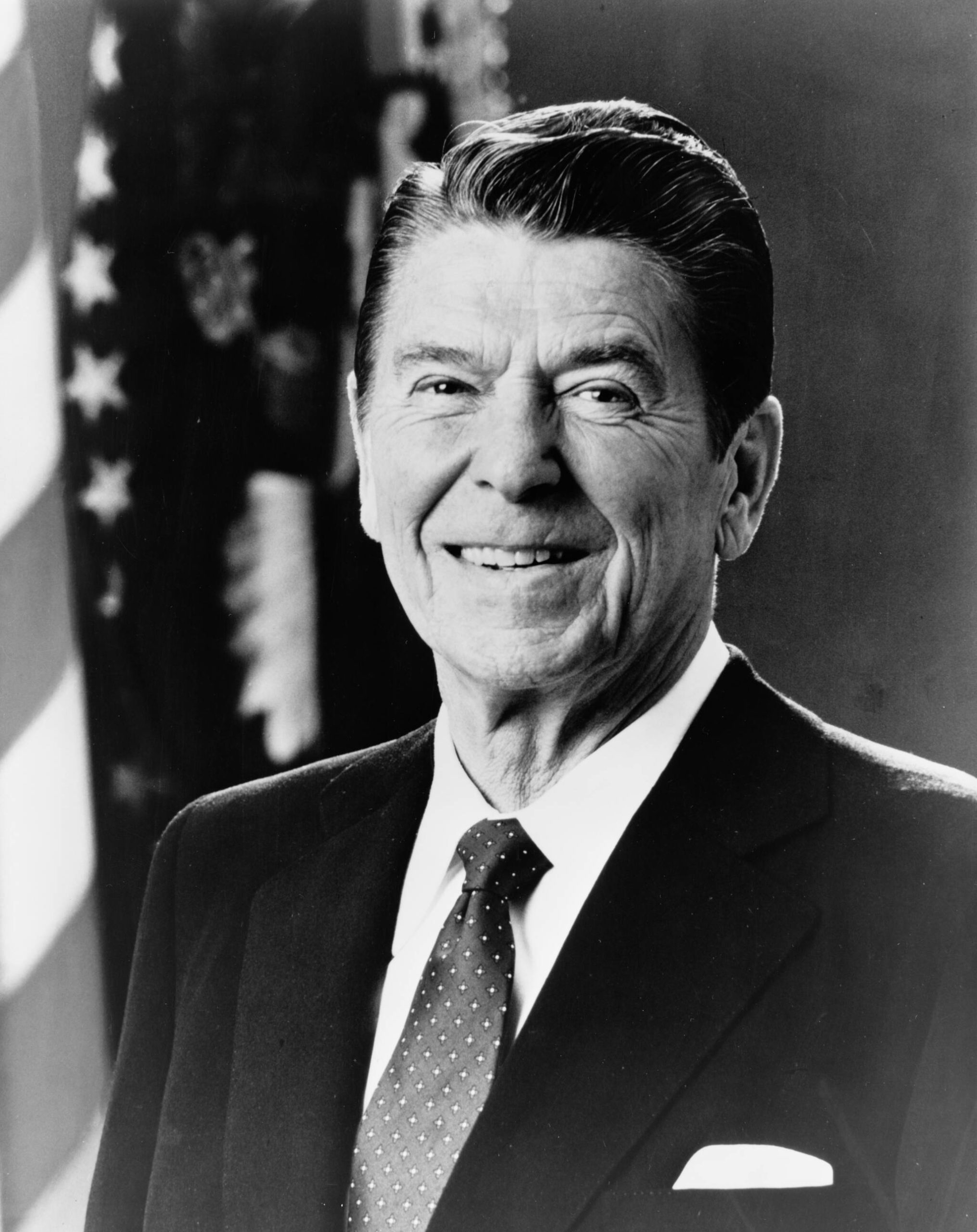By Rob Welton
People who were alive during the 1980s all remember Ronald Reagan. Two famous phrases from “The Gipper” crystallize that time in my memory. Let’s look at these phrases, and see how they’ve held up.
President Reagan’s first famous phrase was from his 1981 inauguration. He said “Government is not the solution to our problem; government is the problem.” Later, on Aug. 12, 1986, President Reagan said, ”the nine most terrifying words in the English language are: ‘I’m from the Government, and I’m here to help.’ “ Quite catchy.
The gist of President Reagan’s message was, if we cut government and get it out of regulating business, the John Galts of the world will fuel an explosion of growth. The closing pitch was that some of that wealth would “trickle down” to working class people like us. So how has the small government, deregulation approach panned out?
Starting around 1980, government regulators began ignoring the Sherman Antitrust Act, and approving corporate mergers and acquisitions. These have always been sold on the basis of more efficiency and lower prices for consumers. Concerns about monopolistic price gouging and strangling competition were poo-poo’ed.
Initially, the Bell system was broken up, and there was an explosion of telecom and IT providers. But over the years, regulators allowed the big fish to gobble up smaller competitors. Currently the United States has four major national telecommunication providers. And the result? According to CNBC, in 2020 U.S. consumers paid significantly more, for slower IT access, than either Europe or Asia.
Before the Reagan revolution, interstate banking was restricted out of fear banks would abuse their market power. A depression-era law called Glass-Steagall prohibited banks from making risky loans with federally guaranteed deposits. Not long after these were relaxed, we had the savings and loan crisis, where savings and loan associations took on too much debt and had to be bailed out by the government.
Later, a new financial device called credit default swaps, and related derivatives changed how banks made money. Brooksley Born and others called for regulation of these risky investments. But Alan Greenspan and other financial brahmins of the era warned that any oversight would crater the economy.
Banking was allowed to consolidate, and self-regulate. The end result was “too big to fail” banks. The 2008 financial crisis cratered our economy, and threw millions of Americans out of their homes. Many small businesses closed. But Lloyd Blankfein and his ilk did just fine! American taxpayers footed the bill to bail them out.
The pharmaceutical industry was also given kid-gloves regulation, and was allowed to consolidate into a monopolistic industry. It’s true the industry has developed amazing drugs for treating disease. But it’s also true big pharma uses its monopoly power to overcharge all of us. According to a 2021 Healthline report, prescription drugs in the US cost 2.5 times as much as in other western countries.
We haven’t even talked about the Sackler family getting rich while addicting many Americans to prescription opoids. Or the “Pharma Bro” Martin Shkreli, whose hedge fund bought a drug manufacturer, then jacked up the price for a drug called Daraprim. So much for efficiency and low prices!
Zoom out to see the bigger picture. Today we’re a much more unequal society than in Reagan’s day. If deregulation really did lead to lower costs, and the wealth was shared, why is inequality so much worse than in 1980?
Has government been the boogey man Reagan described? Government has at least tried to help. The Federal Reserve bailed out the banks in 2008. Government kept people off the streets during the COVID-19 pandemic. Government never actively tries to rip off its citizens.
How about corporations? Corporations have done a lot of good. But the actual track record shows that corporations are often not the altruistic saviors of Ayn Rand’s fantasies. Over and over they have gouged Americans. Too often they have knowingly sold us defective or dangerous products.
So back to those slogans. It feels like an overstatement to call corporations the new ‘problem.’ But I think we can restate the nine scary words. I suggest these new scary words: “I’m from the corporation, and you can trust me.”
The truth is we need government to keep corporate America honest. With all due respects to “The Gipper,”small government, trickle down economics, and those famous sound bytes were always a bunch of shuck and jive. It’s time to trash can them.
• Rob Welton resides in Douglas. Columns, My Turns and Letters to the Editor represent the view of the author, not the view of the Juneau Empire. Have something to say? Here’s how to submit a My Turn or letter.

